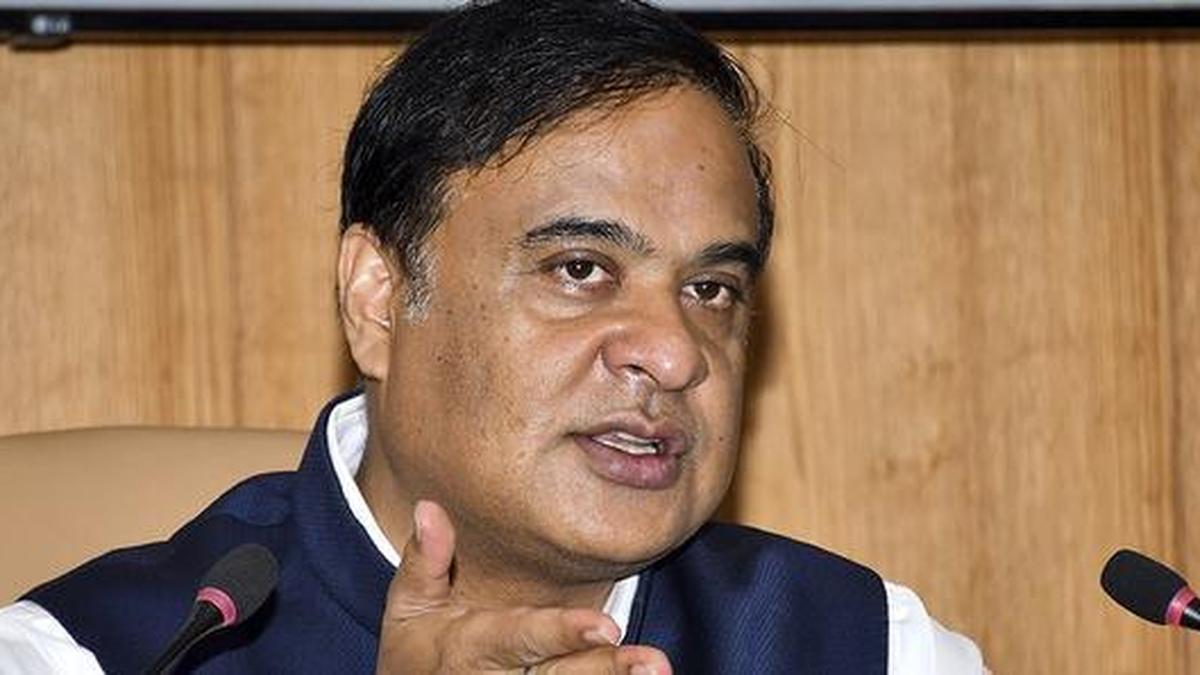ARTICLE AD BOX
Last Updated:November 10, 2025, 10:58 IST
The JKP recovered two AK-47 rifles and around 350 kg of ammonium nitrate from Faridabad, following interrogations arising from the disclosures of doctors who were arrested.

Faridabad recovery followed revelations made by Dr Adil Ahmad Rather during questioning.
The Jammu & Kashmir Police (JKP) has exposed a highly radicalised module of medical professionals operating across regions — a chilling plot revealed after the seizure of large quantities of explosives from Faridabad. According to official sources, the bust began when a poster appeared in the Nogaum area of Srinagar warning shopkeepers against dealing with central agencies. CCTV footage traced the individual erecting the poster to Saharanpur, where he turned out to be a Kashmiri-origin doctor named Dr Adeel. Upon his interrogation in Jammu & Kashmir, he disclosed links to three other medics in Srinagar.
Investigations show that the network’s radicalisation efforts began in 2021-22, initially under the guidance of an individual named Hashim and later re-organised under a new lead, Dr Omar in the Valley. Dr Adeel, based in Saharanpur, was soon arrested by the JKP. He led police to fellow doctors, including Dr Muzzamil whose facility in Faridabad subsequently became the scene of a major explosives haul.
From Dr Muzzamil’s Faridabad location, authorities recovered a massive cache of IED-making material including ammonium nitrate and other chemical precursors. The gang’s objective, according to police disclosures, was to manufacture improvised explosive devices (IEDs) and execute terror attacks across the country. They also intended to establish their own militant “tanzim" (organisation) aligned with the likes of Lashkar‑e Taiba and Jaish-e-Mohammed in the future.
The JKP recovered two AK-47 rifles and around 350 kg of ammonium nitrate from Faridabad, following interrogations arising from the doctors’ disclosures.
Earlier, an AK-47 rifle was recovered from Dr Adeel’s locker at the Government Medical College in Anantnag. The operation underscores the depth of infiltration of radical elements into professional domains such as medicine and the risks posed by such sleeper-type modules.
Inside Details Of The Faridabad Haul
Follow-up operations in Faridabad added further, striking details to the probe. According to sources, security teams carried out searches in Dhaouj village — a locality on the outskirts of Faridabad where a private medical institution, identified in reporting as Al-Fala College, was also inspected. Locals and investigative sources said the college had been established during an earlier political regime with external funding from the Gulf, reportedly in memory of a donor’s family member; the staff and teaching cadre at the institution are described as predominantly Muslim. Police say Dr Muzzamil, who was traced by JKP teams, had links to that milieu and that one of the follow-up actions recovered an AK-47 and a sizeable quantity of ammonium nitrate along with other bomb-making material concealed in a vehicle.
Top intelligence sources have characterised the module as a possible “sleeper-cell" type formation: outwardly low-profile, leveraging professional cover, but with storage and logistical plans that could enable rapid mobilisation. Faridabad’s strategic proximity to Delhi — paired with storage options in semi-rural pockets such as Dhaouj — has been flagged by investigators as a tactical advantage, offering easy access to the National Capital Region while remaining relatively discreet. Police sources say the group’s stated ambitions included targeting the Delhi-NCR area for a “major" operation, heightening the sensitivity of the ongoing searches.
JKP officials say the network was well-entrenched: the posters in Srinagar were mere signposts of a larger infrastructure, and the Faridabad recovery of explosives and rifles revealed a pan-India reach. The doctors used their professional cover to operate with low public visibility until the arrest of Dr Adeel triggered the chain of events.
As the investigation deepens, JKP has registered cases under the Arms Act and the Unlawful Activities (Prevention) Act to prosecute those involved. Officials say the priority now is to trace the supply chain of explosives, linkages with external terrorist organisations, and dismantle the larger tanzim that the module sought to build.
Group Editor, Investigations & Security Affairs, Network18
Group Editor, Investigations & Security Affairs, Network18
First Published:
November 10, 2025, 10:58 IST
News india Faridabad Explosive Haul: How A Poster In Srinagar Led Police To Sleeper Cell Planning Attack On NCR
Disclaimer: Comments reflect users’ views, not News18’s. Please keep discussions respectful and constructive. Abusive, defamatory, or illegal comments will be removed. News18 may disable any comment at its discretion. By posting, you agree to our Terms of Use and Privacy Policy.
Read More

 1 hour ago
3
1 hour ago
3










 English (US) ·
English (US) ·